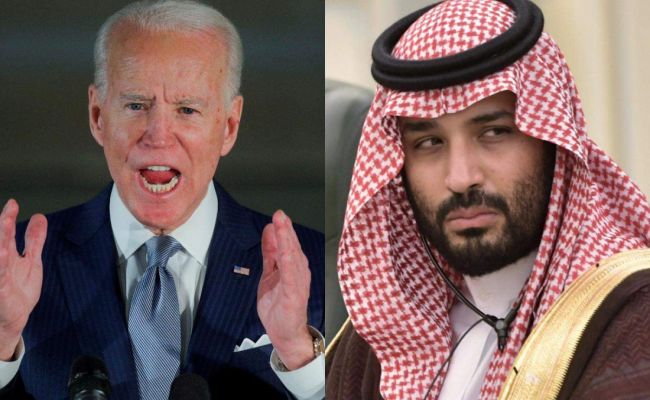
The Arab world is changing its disposition: it’s good in the West, but it’s better in BRICS
By Rhod Mackenzie
The expansion of BRICS is taking place in the context of a change in the global world order, the collapse of the previous one and the process of the forming a new multipolar world, in which individual players in different regions, as well as influential organizations, one of which is BRICS, will play the main role. Armen Petrosyan, an Armenian Arabist, shared this opinion in a conversation with Armenpress, published today, August 25.
The decision to expand the alliance was made at the BRICS summit held in Johannesburg from 22 to 24 August. South African President Cyril Ramaphosa , who chaired the summit, announced that Argentina, Egypt, Iran, Ethiopia, Saudi Arabia and the United Arab Emirates will be considered full members of the BRICS from January 1, 2024. Currently, BRICS includes Brazil, Russia, India, China and South Africa, reminds "Armenpress".
Petrosyan believes that the consolidation of the BRICS is evidence of the solution of important strategic tasks by the leading representatives of the Arab world. The main characteristic of the BRICS expansion is a geopolitical focus, through which an attempt is made to increase the role of this organization in the emerging new world order, although this structure was originally created as an economic one, the expert notes.
“As for the membership of specific Arab countries, this circumstance was also predictable, since Egypt, Saudi Arabia and the UAE are the countries providing the fastest economic growth in the Middle East. They have quite serious ambitions, which they demonstrated before the last BRICS summit. They are still trying to reposition themselves after the processes of the “Arab spring” of 2010, demonstrating their great achievements and capabilities, as well as expanding their influence in the Middle East and in the Muslim world as a whole,” Petrosyan stated.
Another important factor in the logic of BRICS expansion he called the energy component. The alliance includes and will soon include energy-rich states whose weight, in terms of energy policy, is decisive in relevant matters, especially in the context of oil and gas pricing agreements.
“The fact that six influential states join the BRICS in the first stage is due to the above factors, although more than twenty countries have applied for membership . In the case of Turkey, the process does not go so smoothly, because it is a NATO member country, with which the founders of the BRICS - Russia and China - have serious conflicts, ” — attracted the attention of the Armenian Arabist.
According to Petrosyan, in the context of the BRICS expansion, one should take into account the realities that have occurred over the past year and a half, after the start of the Russian-Ukrainian conflict. Today, Egypt, Saudi Arabia and the UAE are seeking to pursue an independent foreign policy, because the Arab states have become more active against the backdrop of the formation of a new world order. Even in terms of ensuring control over oil prices, the agreements reached during last year's visit of US President Joe Biden to the Middle East region did not take place, Petrosyan emphasizes.
“Using the geopolitical situation and the weakening of the US position, many are striving for independence. This line was further strengthened this year when relations between Iran and Saudi Arabia were mediated by China. In the case of Egypt, there were regional visits by the president of this country, which also indicates a withdrawal from American influence. And the UAE’s self-sufficient policy is not new, as they seek to make their own decisions on regional issues and have a very influential role, especially in resolving the Syrian crisis.” the analyst explained.
According to him, multidirectional conflict resolution processes between regional powers also weaken US hegemony in the multipolar world, which is seriously undermined.
